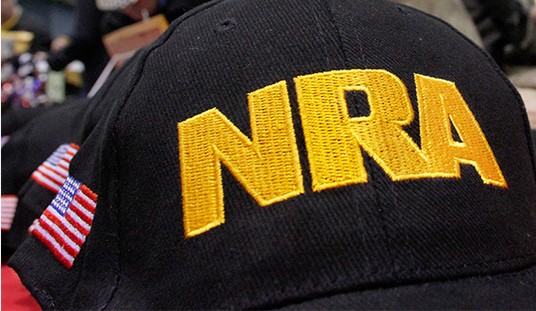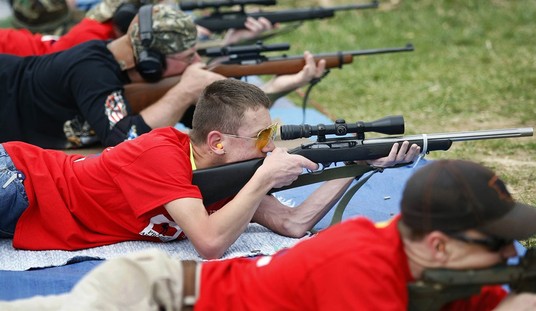This Week in American Military History:
Feb. 9, 1943: U.S. Adm. William F. “Bull” Halsey receives the following message from U.S. Army Maj. Gen. Alexander M. "Sandy" Patch:
“Total and complete defeat of Japanese forces on Guadalcanal effected 1625 today . . . Am happy to report this kind of compliance with your orders . . . because Tokyo Express no longer has terminus on Guadalcanal.”
The campaign launched by U.S Marines and sailors in August 1942, and fought by Army, Navy, and Marine forces (and allies) over a six-month period, has resulted in the decisive defeat of Japanese forces on-and-near the island of Guadalcanal. The close of the campaign also ends the first major American offensive of World War II.
Feb. 10, 1763: The Treaty of Paris is signed ending the Seven Years War, known as the French and Indian War in the North American colonies. For America – militarily speaking – the war strengthens Great Britain’s territorial dominance and strategic supremacy in North America. The war also serves as the conflict prior to the American Revolution in which many future Continental Army commanders cut their teeth.
Feb. 10, 1962: In a dramatic Cold War prisoner swap between the U.S. and the Soviet Union, U-2 pilot Francis Gary Powers is exchanged for Soviet spy Rudolph Ivanovich Abel on the Glienecker Bridge between West Berlin and Potsdam in East Germany.
Powers is a former U.S. Air Force officer who had been flying U-2s for the CIA when he was shot down over the Soviet Union and captured in May 1960. Abel, a KGB colonel, had been arrested in New York in 1957 and convicted of espionage activities against the United States.
Feb. 12, 1955: Pres. (retired five-star U.S. Army general) Dwight D. Eisenhower sends U.S. military advisors to South Vietnam.
Feb. 12, 1973: The first American prisoners of war are released from North Vietnamese captivity.
Feb. 13, 1861: U.S. Army Assistant Surgeon Bernard J. D. Irwin takes voluntary command of combat troops, leading an expedition to rescue some 60 men of the 7th Infantry who are trapped and surrounded by Apache Indian forces under Cochise. According to his citation: “Irwin and 14 men, not having horses began the 100-mile march riding mules. After fighting and capturing Indians, recovering stolen horses and cattle, he reached [2d Lt. George N.] Bascom’s column and help break his siege.”
Though the Medal of Honor does not yet exist, Irwin will receive the new decoration in 1894. And his actions at “Apache Pass” will prove to be the first in history for which the medal is awarded.
Feb. 13, 1945: USS Batfish (the first of two so-named American submarines) sinks her third Japanese submarine in four days.
Let’s increase awareness of American military tradition and honor America’s greatest heroes by supporting the Medal of Honor Society’s 2010 Convention to be held in Charleston, S.C., Sept. 29 – Oct. 3, 2010 (for more information, click here).








Join the conversation as a VIP Member